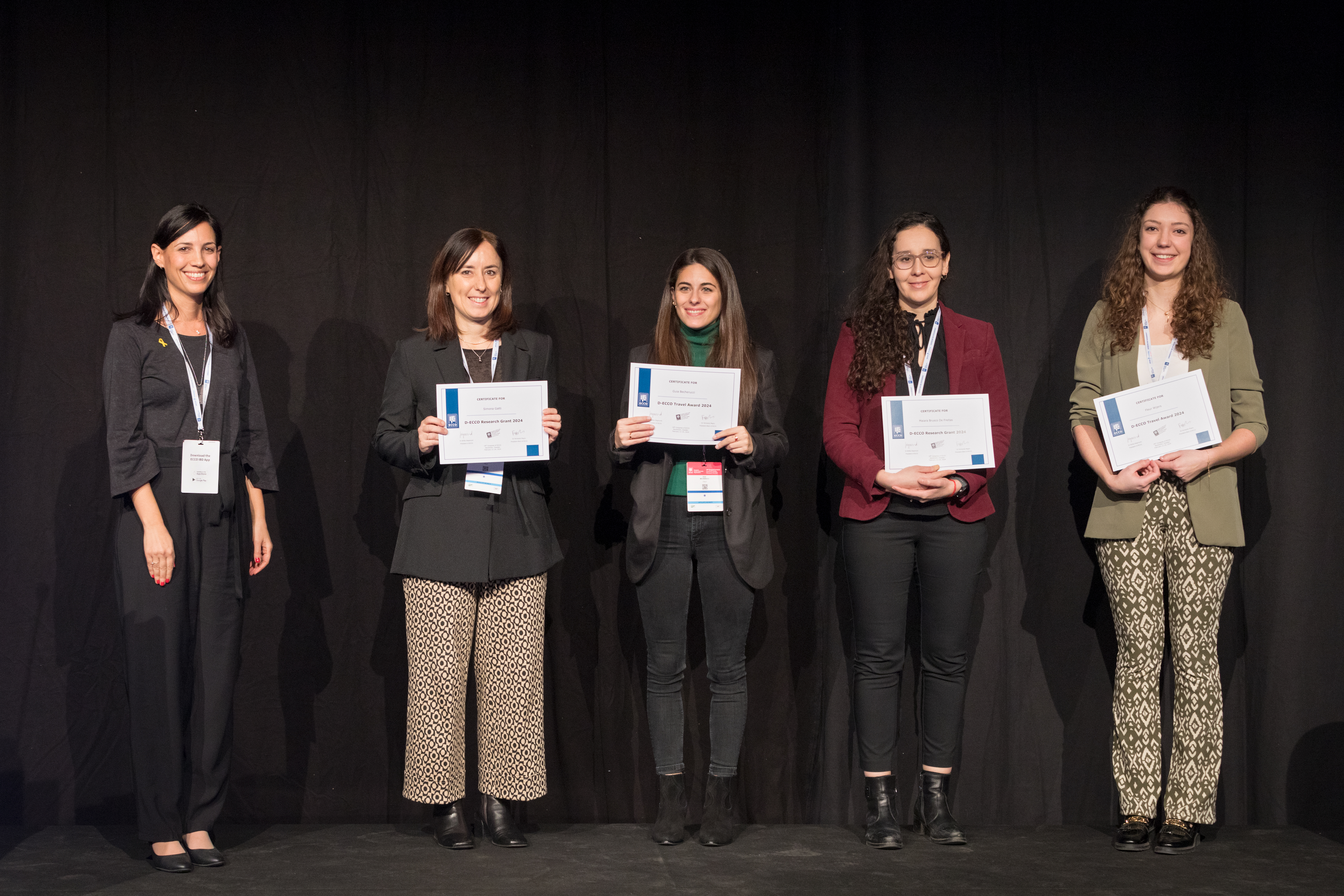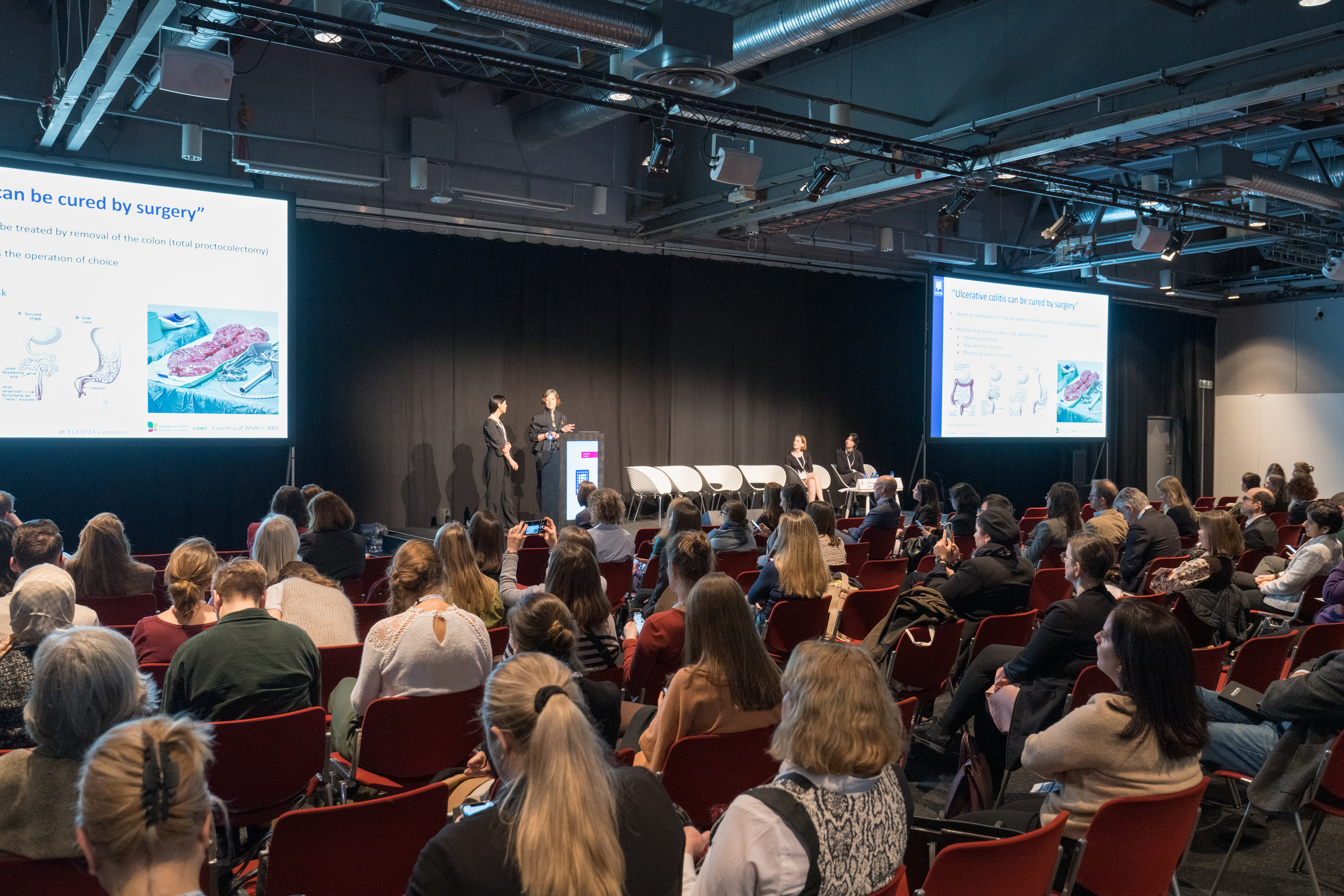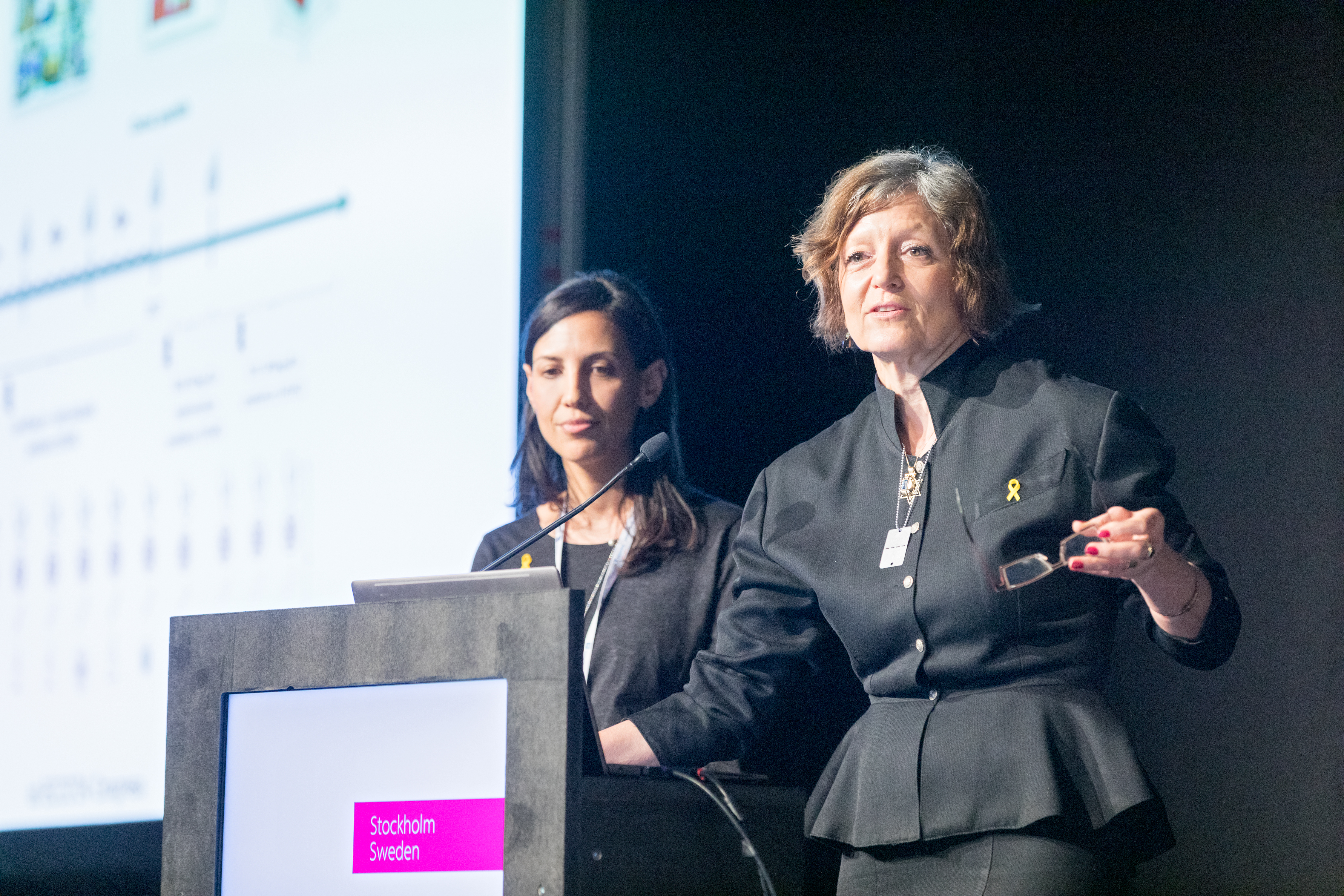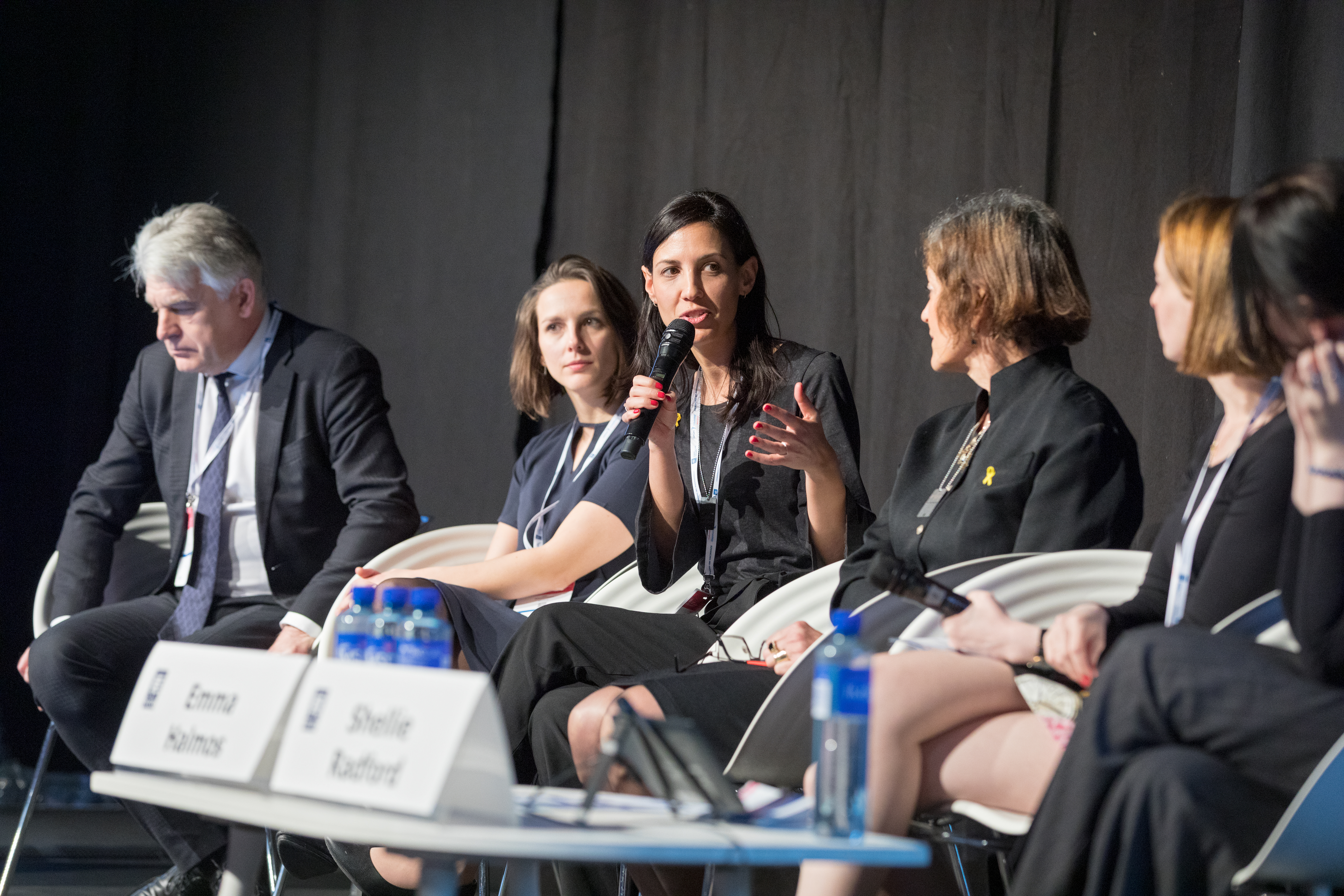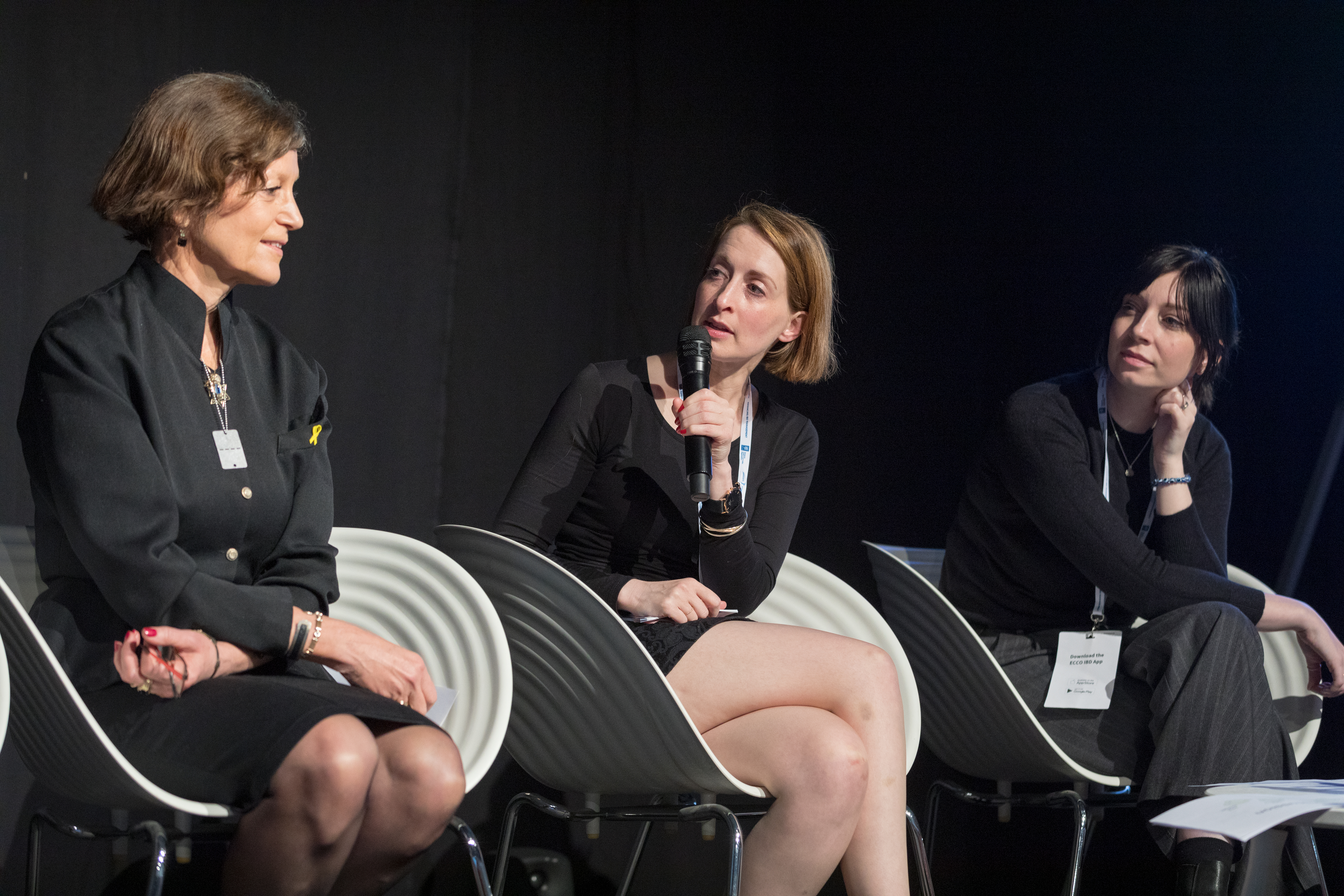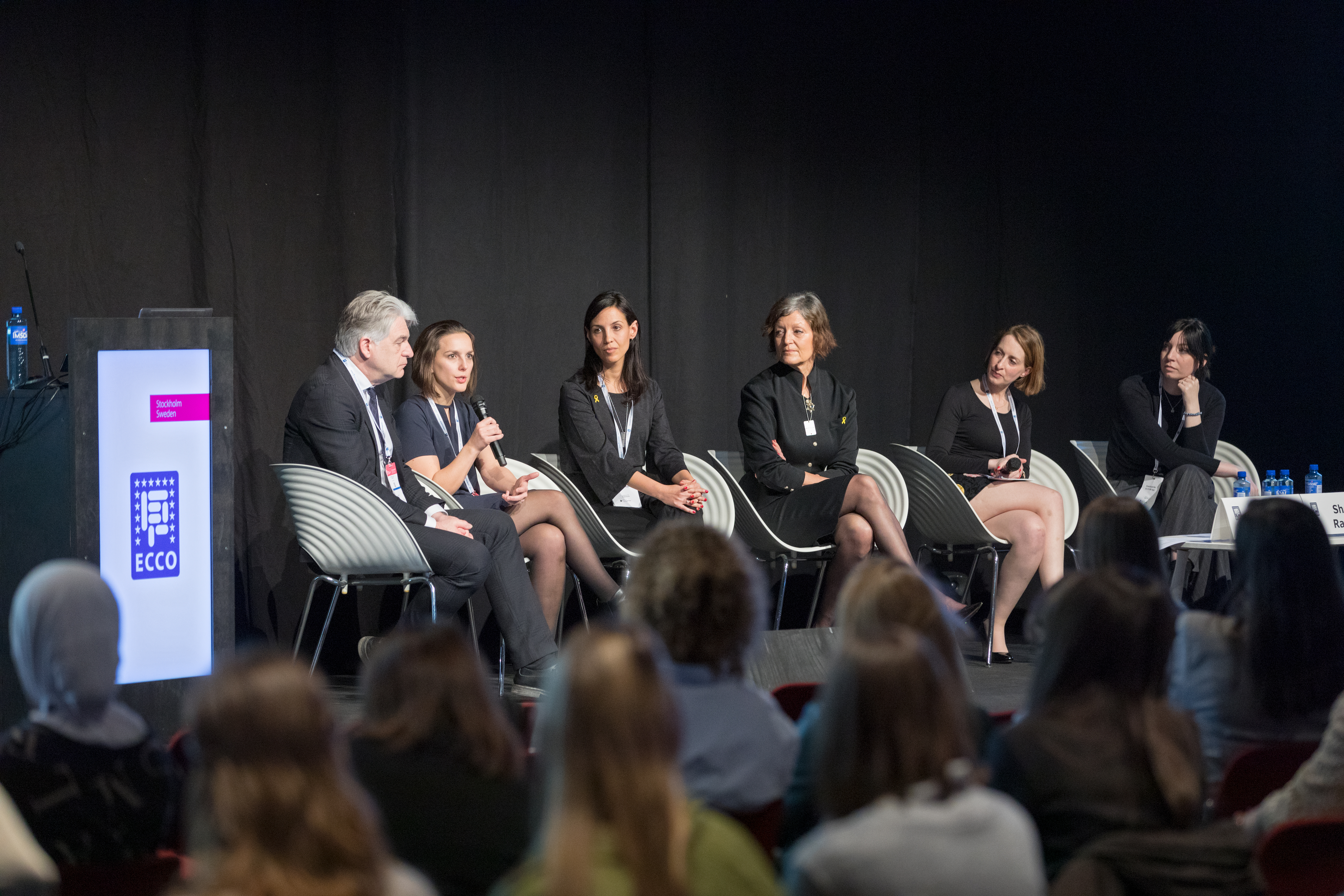Report on the 9th D-ECCO Workshop at ECCO'24
Chen Sarbagili Shabat, D-ECCO Committee Chair
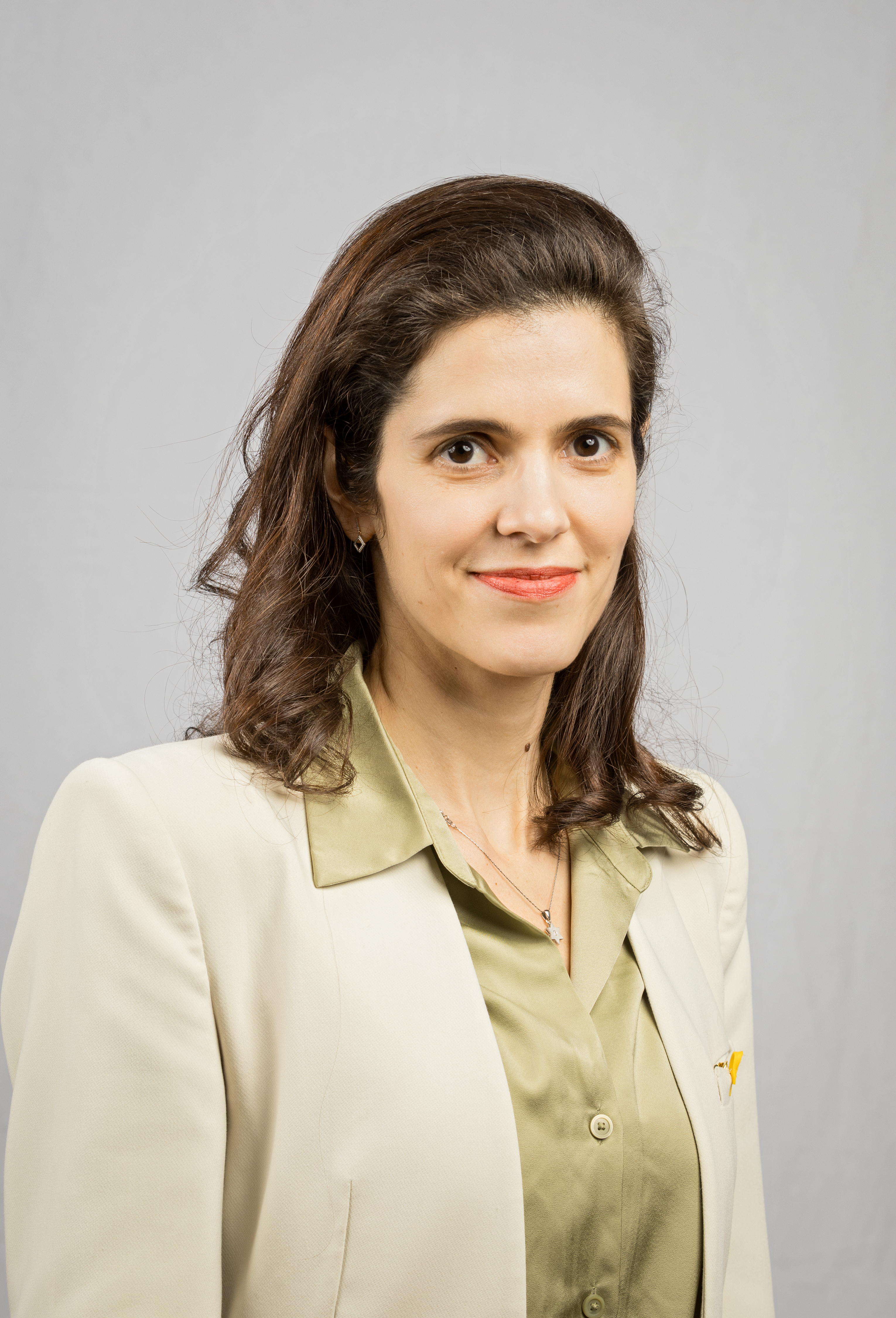 Chen Sarbagili Shabat Chen Sarbagili Shabat © ECCO |
We were in Stockholm for the 9th D-ECCO Workshop! The workshop was full, with 162 attendees including not only dietitians but also a great mix of specialists from all over the world. Lihi Godny, the D-ECCO Chair, opened the workshop by presenting the various opportunities available to all IBD Dietitian Members, including the D-ECCO Grant and four Travel Awards.
The first session, on “Food science: Mechanisms behind diet”, opened with a presentation on food processing by myself, Chen Sarbagili (Israel), that covered the latest studies, highlighted the effect of ultra-processed foods (UPFs) on gut inflammation and also presented a novel tool to assess consumption of UPFs [1]. In the following presentation, Vaios Svolos (Greece) delved into one of the most interesting enigmas: the mechanism behind the effectiveness of exclusive enteral nutrition (EEN). He showed that EEN results in and that CD-TREAT, a food-based approach which mimics these microbiota changes, leads to similar outcomes [2]. Harry Sokol (France) then presented a new era of research, omics and multi-omics in IBD. He revealed how this field is moving forwards rapidly and described how, interestingly, analyzing the same database with different methods can lead to different results. The session ended with an abstract presentation by Konstantinos Gkikas (UK), who shared the results of the iPENS prospective study. The study findings offer an explanation for the rapid rise in faecal calprotectin following cessation of EEN, suggesting that it can be attributed to alterations in gut microbiota metabolites.
The second session, on “Dietary management in IBD: from theory to practice”, started with a presentation by Alice Day (Australia) on adherence to dietary therapy. She emphasised the necessity, as well as the complexity, of assessing adherence to dietary therapies in both clinical practice and research settings, highlighting the essential role of dietitians in ensuring adherence.. Konstantinos Gerasimidis (UK) then gave information on the variety of dietary supplements that can be used for support and also for therapy in IBD patients. Emma Halmos (Australia) addressed the final topic of this session, the dietary treatment of non-inflammatory symptoms. She highlighted that a gentle low-FODMAP diet [3], which is a simpler and less restrictive approach, could be used to reduce gastrointestinal symptoms in patients with quiescent IBD.
The final interactive session, which focused on surgical aspects, began with the second D-ECCO abstract presentation by Michiel Bak (The Netherlands). He indicated the importance of body composition assessment in preoperative patients with CD, pointing out that adverse findings on body composition measures are associated with postoperative complications and endoscopic recurrence. Following this, Julie Vanderstappen (Belgium) gave a talk on diet throughout the surgical pathway. She highlighted the significance of dietary interventions along this pathway which, among other benefits, have been demonstrated to decrease postoperative complications and enhance recovery. Next was an enriching tandem presentation by Iris Dotan (physician, Israel) and Lihi Godny (dietitian, Israel), who addressed pouch medical and dietetic management. Their focus was especially on the positive effect of the Mediterranean diet through microbiome modification and function [4]. This led to an engaging panel discussion in which Iris Dotan and Lihi Godny were joined by Julie Vanderstappen (dietitian, Belgium) and André D’Hoore (surgeon, Belgium), with each participant providing their input to foster dynamic audience interaction, emphasising the importance of a multidisciplinary team in managing complicated IBD patients.
The 9th D-ECCO Workshop was highly successful and provided a good overview of recent scientific and clinical aspects of dietary therapy in IBD.
We thank all the speakers for their exciting presentations and all attendees for their invaluable interactive participation and provision of feedback, both live and on social media.
Hope to see you all next year in Berlin!
References
- Sarbagili-Shabat C, Zelber-Sagi S, Fliss Isakov N, et al. Development and validation of processed foods questionnaire (PFQ) in adult inflammatory bowel diseases patients. Eur J Clin Nutr 2020;74. doi:10.1038/s41430-020-0632-5
- Svolos V, Hansen R, Nichols B, et al. Treatment of active Crohn’s disease with an ordinary food-based diet that replicates exclusive enteral nutrition. Gastroenterology 2019;156:1354–67.e6. doi:10.1053/j.gastro.2018.12.002
- Rhys-Jones D, Varney JE, Muir JG, et al. Application of the FODMAP diet in a paediatric setting. Nutrients 2022;14. doi:10.3390/NU14204369
- Godny L, Dotan I. Is the Mediterranean diet in inflammatory bowel diseases ready for prime time? J Can Assoc Gastroenterol 2024;7:97–103. doi:10.1093/JCAG/GWAD041
Pictures are subject to copyright © ECCO



